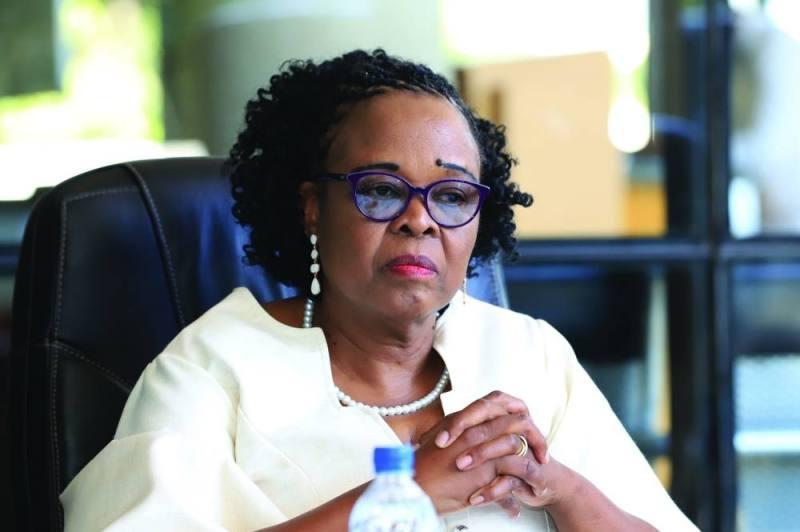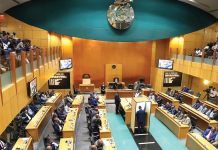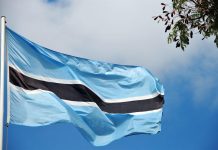Africa-Press – Botswana. The Minister of Child Welfare and Basic Education, Ms Nono Kgafela-Mokoka, announced plans to transfer children in conflict with the law to Ikago School of Industry for therapy and support aimed at addressing underlying issues.
Speaking at an inter-ministerial meeting in Gaborone on Thursday, Ms Kgafela-Mokoka stated that the decision aligned with Presidential Directive CAB 18 (A)/2025, which mandates the transfer of such children to Ikago School of Industry, under her ministry’s jurisdiction.
“Our Ministry will collaborate closely with the Ministry of Justice and Correctional Services to share best practices for transitioning these children from custody to Ikago. We will work together to create a conducive environment that fosters skill development and support networks with families, ultimately facilitating their reintegration into society,”she said.
The minister said the move would require financial, human, and technical resources, including support from international partners such as UNICEF.
She also appealed to other ministries, including Youth and Gender, as well as Sports and Arts, urging them to engage children in activities that promoted positive citizenship and provide recreational opportunities as part of the therapeutic process.
Ikago School of Industry is set to undergo refurbishment within the next two months to become fully operational for receiving children. Ms Kgafela-Mokoka highlighted that the process involved transferring and classifying the children appropriately.
Meanwhile, Minister of Justice and Correctional Services, Mr Nelson Ramaotwana, confirmed that all children currently in custody would be transferred to Ikago School of Industry. He underscored that, according to the Children’s Act, individuals under the age of 18 cannot be criminally charged unless it could be proven beyond doubt that they understood the nature of their actions.
Mr Ramaotwana revealed that his Ministry was working on an Alternative Sentencing Policy to promote non-custodial options for juvenile offenders.
“Children should remain in institutions where they can continue their education,” he said. He also indicated that the ministry was considering revising clauses that disqualify convicted children from employment opportunities.
In support of these initiatives, Aumake Aron, President of the Botswana Children’s Council, stressed the importance of investing in children both inside and outside of incarceration. According to Aumake the council support government’s efforts and advocate for the revision of the Children’s Act to endorse such rehabilitative initiatives.
She further called for enhanced provision of quality services, better living standards, and comprehensive educational, mental health, and parental support. Ms Aron emphasized that rehabilitation centers should also include group therapy for parents and advocated for increased recreational facilities, especially for children whose parents are incarcerated.
For More News And Analysis About Botswana Follow Africa-Press






